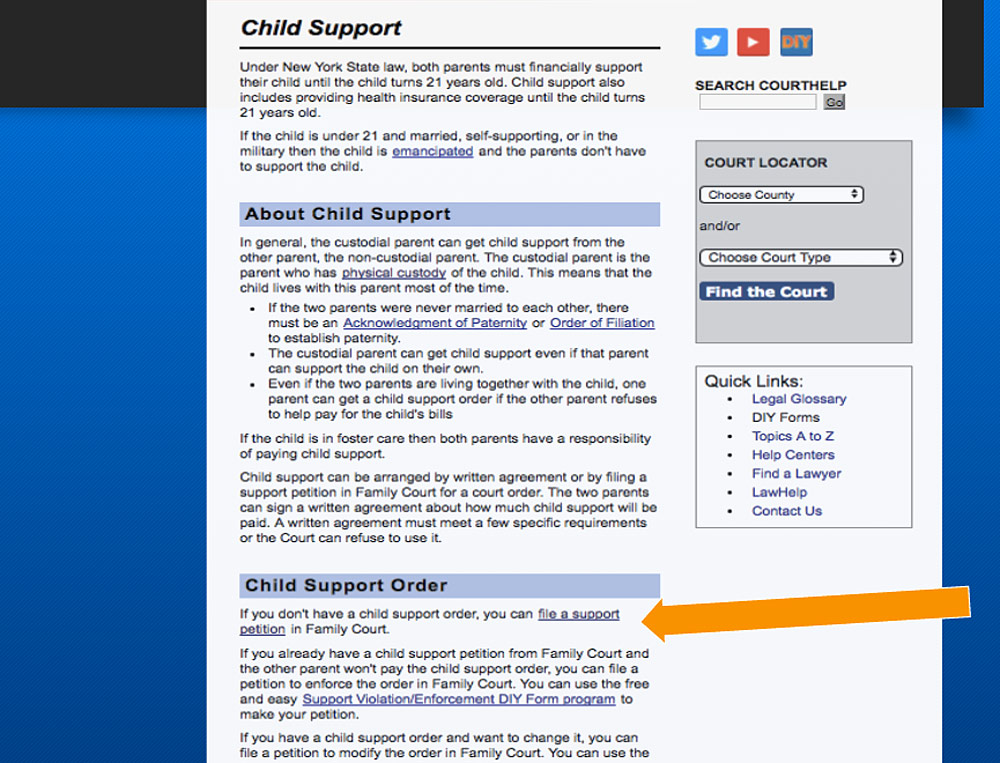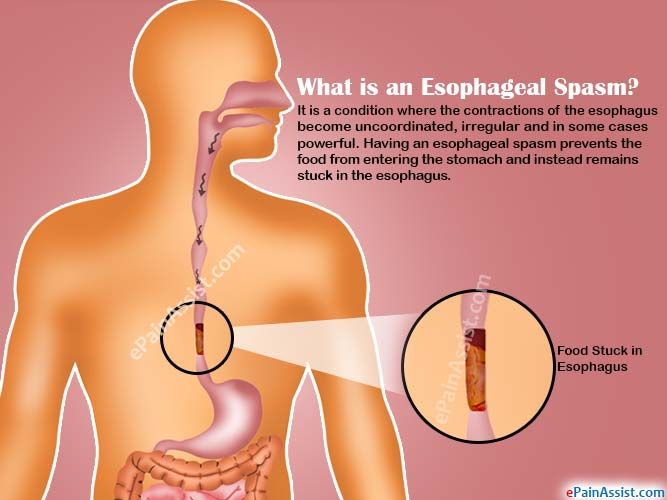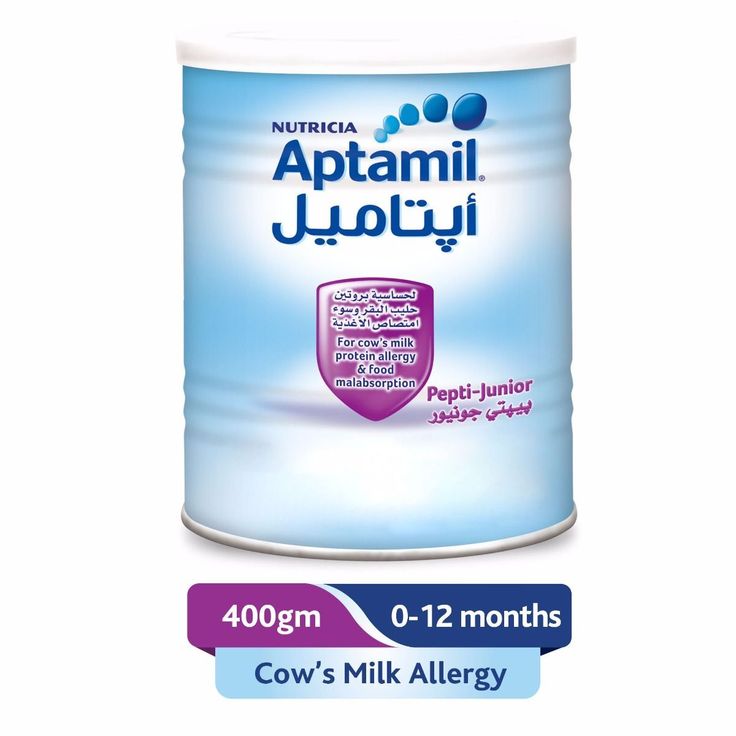Teeth problem in pregnancy
Pregnancy and Oral Health Feature
Healthcare professionals: use Protect Tiny Teeth, a free set of resources, to talk to pregnant women and new moms about the importance of oral health.
One way to prevent cavities in young children is to improve pregnant women’s oral health. Pregnancy may make women more prone to periodontal (gum) disease and cavities. Oral health may be considered an important part of prenatal care, given that poor oral health during pregnancy can lead to poor health outcomes for the mother and baby. Protect Tiny Teethexternal icon includes a mix of attention-grabbing materials to spark awareness that oral health should be part of prenatal care, and tips on how pregnant women and new moms can protect their oral health and the oral health of their infants.
Pregnancy and Periodontal Disease
Nearly 60 to 75% of pregnant women have gingivitis, an early stage of periodontal disease that occurs when the gums become red and swollen from inflammation that may be aggravated by changing hormones during pregnancy. 1 If gingivitis is not treated, the bone that supports the teeth can be lost, and the gums can become infected. Teeth with little bone support can become loose and may eventually have to be extracted. Periodontitis has also been associated with poor pregnancy outcomes, including preterm birth and low birth weight.2 However, how periodontitis may lead to adverse pregnancy outcomes is not yet fully understood.
Dental care is safe and important during pregnancy.
Pregnancy and Dental Cavities
Pregnant women may also be at risk for cavities due to changes in behaviors, such as eating habits.3 Women who have a lot of cavity-causing bacteria during pregnancy and after delivery could transmit these bacteria from their mouth to the mouth of their baby.4 Early contact with these bacteria and to other sugars, such as from frequent snacking or taking a bottle to bed, can lead to early childhood cavities and the need for extensive dental care at a young age.
- 1 in 4 women of childbearing age have untreated cavities.5
- Children of mothers who have high levels of untreated cavities or tooth loss are more than 3 times more likely to have cavities as a child.6
- Children with poor oral health status are nearly 3 times more likely to miss school because of dental pain.7
How Protect Tiny Teeth Can Help
All health care providers, including primary care, pediatric and maternity care providers, may consider paying more careful attention to oral health. Through a cooperative agreement with the Centers for Disease Control and Prevention, the American Academy of Pediatrics worked to create Protect Tiny Teethexternal icon, an oral health communications resource designed to make conversations easier between pregnant women, moms and her healthcare providers.
Protect Tiny Teeth includes a mix of attention-grabbing materials to spark awareness that oral health should be part of prenatal care and tips on how to protect the oral health of their infants. Resources for medical providers and community liaisons with infographics and brief videos with tips for how to reach the intended audience are also included. The materials are designed to support assessing women’s and young children’s needs, and provide talking points for a conversation about oral health and resources to leave with the woman.
Resources for medical providers and community liaisons with infographics and brief videos with tips for how to reach the intended audience are also included. The materials are designed to support assessing women’s and young children’s needs, and provide talking points for a conversation about oral health and resources to leave with the woman.
The Protect Tiny Teeth toolkit is available for free access on AAP.orgexternal icon with materials in English and Spanish with some materials available in multiple languages. A web site for the public is also available at Healthychildren.org/tinyteethexternal icon.
- CDC Division of Oral Health, Oral Health Basics
- American Academy of Pediatrics, Protect Tiny Teeth Toolkit for Pregnant and New Momsexternal icon
- American Academy of Pediatrics, Protect Tiny Teeth Toolkit for Providers external icon
- American Dental Association Council on Access, Prevention, and Interprofessional Relations, 2006.
- Corbella S, Taschieri S, Del Fabbro M, Francetti L, Weinstein R, Ferrazzi E.
 Adverse pregnancy outcomes and periodontitis: A systematic review and meta-analysis exploring potential association. Quintessence Int. 2016 Mar;47(3):193-204. doi: 10.3290/j.qi.a34980.
Adverse pregnancy outcomes and periodontitis: A systematic review and meta-analysis exploring potential association. Quintessence Int. 2016 Mar;47(3):193-204. doi: 10.3290/j.qi.a34980. - Romero BC, Chiquito CS, Elejalde LE, Bernadoni CB. Relationship between periodontal disease in pregnant women and the nutritional condition of their newborns. J Periodontol 2002;73:1177-1183.
- Azofeifa A, Yeung LF, Alverson CJ, Beltrán‐Aguilar E. Dental caries and periodontal disease among U.S. pregnant women and nonpregnant women of reproductive age, National Health and Nutrition Examination Survey, 1999–2004. Journal of Public Health Dentistry, 2016;76: 320-329. doi:10.1111/jphd.12159.
- Lindquist B, Emilson CG. Colonization of Streptococcus mutans and Streptococcus sobrinus genotypes and caries development in children to mothers harboring both species. Caries Res. 2004;38(2):95-103.
- Dye BA, Vargas CM, Lee JJ, Magder L, Tinanoff N. Assessing the Relationship Between Children’s Oral Health Status and That of Their Mothers.
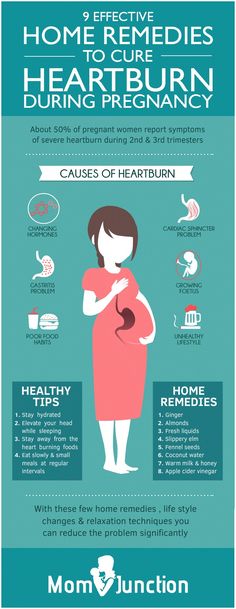 J Am Dent Assoc. 2011;142(2), 173-183. doi:10.14219/jada.archive.2011.0061.
J Am Dent Assoc. 2011;142(2), 173-183. doi:10.14219/jada.archive.2011.0061. - Jackson SL, Vann WF, Kotch JB, Pahel BT, Lee JY. Impact of poor oral health on children’s school attendance and performance. Am J Public Health 2011;101:1900–6.
Dental health during pregnancy | March of Dimes
Dental health is an important part of your overall health. It’s also an important part of your pregnancy (prenatal) care.
Pregnancy increases the risk of certain dental health problems that may lead to pregnancy complications, like premature birth.
Go to your regular dental checkups during pregnancy. Tell your dentist that you’re pregnant. Dental X-rays are safe during pregnancy.
If you’re worried about your dental health, see your dentist right away.
Brush your teeth twice a day and floss once a day.
What is dental health and how does it affect pregnancy?
Dental health (also called oral health) is the health of your mouth, teeth and gums.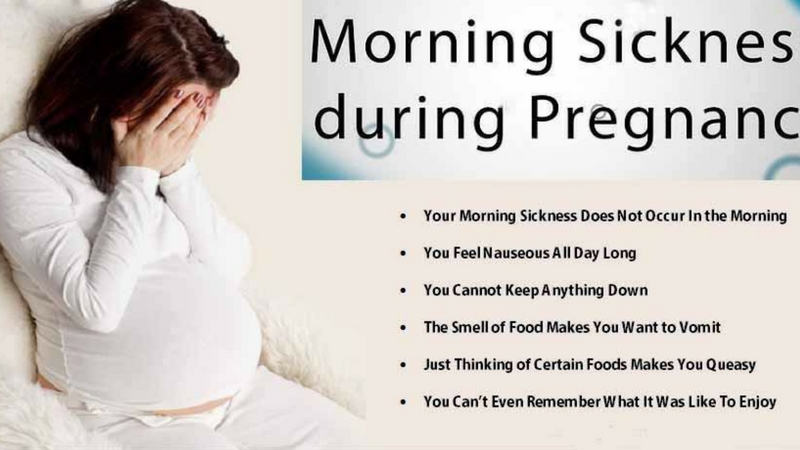 It’s an important part of your overall health. And if you’re pregnant, it’s an important part of your prenatal care (medical care you get during pregnancy).
It’s an important part of your overall health. And if you’re pregnant, it’s an important part of your prenatal care (medical care you get during pregnancy).
Being pregnant can increase your risk for oral health problems, and these problems can affect your pregnancy. For example, some studies show a link between gum disease and premature birth. Premature birth is birth that happens too early, before 37 weeks of pregnancy. Premature babies may have more health problems at birth and later in life than babies born full term.
Taking good care of your mouth, teeth and gums during pregnancy can help you have a healthy pregnancy and a healthy baby.
How does pregnancy affect your dental health?
Changes in your body during pregnancy can affect your teeth and gums. For example:
- You have increased levels of certain hormones, like progesterone and estrogen, in your body during pregnancy. These can increase your risk for certain oral health problems.
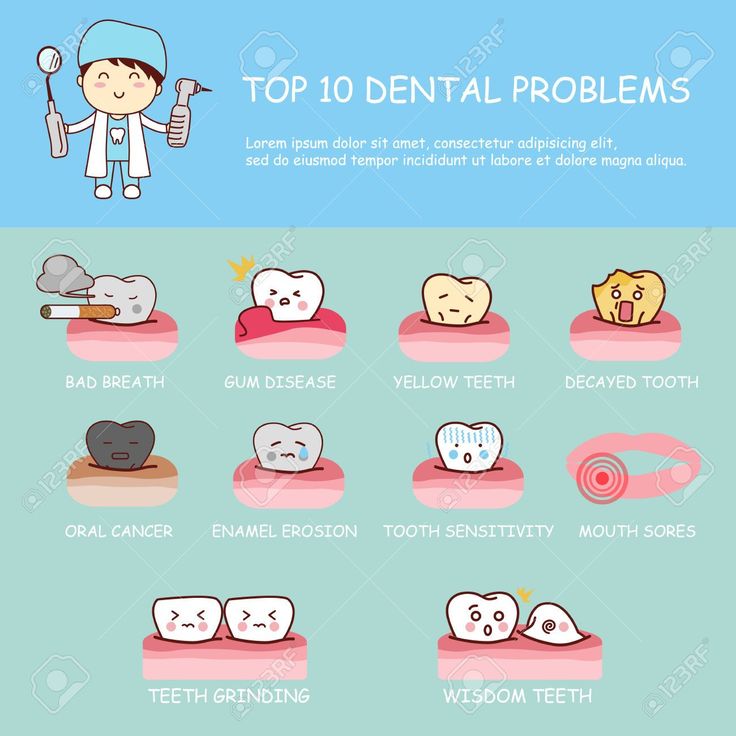
- Your eating habits may change. You may eat more of certain foods during pregnancy than you did before you were pregnant. The kinds of food you eat can affect your dental health.
- You may brush and floss your teeth less than you did before you got pregnant. This may be because your gums are tender or you’re more tired than usual. For some women, brushing and flossing may cause nausea (feeling sick to your stomach).
These changes can increase your risk for certain dental problems during pregnancy, including:
Cavities (also called tooth decay or caries). These are small, damaged areas in the surface of your teeth. Being pregnant makes you more likely to have cavities. You can pass the bacteria that causes cavities to your baby during pregnancy and after birth. This can cause problems for your baby’s teeth later in life.
Gingivitis. Gingivitis is inflammation (redness and swelling) of the gums. If untreated, it can lead to more serious gum disease. Pregnancy hormones can increase your risk for gingivitis. Sixty to 75 percent of pregnant women have gingivitis. Signs and symptoms include:
Pregnancy hormones can increase your risk for gingivitis. Sixty to 75 percent of pregnant women have gingivitis. Signs and symptoms include:
- Redness and swelling
- Tenderness in the gums
- Bleeding of the gums, even when you brush your teeth gently
- Shiny gums
Loose teeth. High levels of the hormones progesterone and estrogen during pregnancy can temporarily loosen the tissues and bones that keep your teeth in place. This can make your teeth loose.
Periodontal disease (also called periodontitis or gum disease). If gingivitis is untreated, it can lead to periodontal disease. This causes serious infection in the gums and problems with the bones that support the teeth. Your teeth may get loose, and they may have to be extracted (pulled). Periodontitis can lead to bacteremia (bacteria in the bloodstream). This is a serious condition that needs immediate treatment. Smoking is a cause of severe gum disease.
Pregnancy tumors (also called pyogenic granuloma). These tumors are not cancer. They’re lumps that form on the gums, usually between teeth. Pregnancy tumors look red and raw, and they bleed easily. They can be caused by having too much plaque (a sticky film containing bacteria that forms on teeth). These tumors usually go away on their own after giving birth. In rare cases they may need to be removed by your health care provider.
Tooth erosion. If you have vomiting from morning sickness, your teeth may be exposed to too much stomach acid. This acid can harm the enamel (the hard surface) of your teeth. Morning sickness (also called nausea and vomiting of pregnancy or NVP) is nausea and vomiting that happens during pregnancy, usually in the first few months.
What are signs and symptoms of dental problems during pregnancy?
If you have any signs or symptoms of dental problems, call your dentist.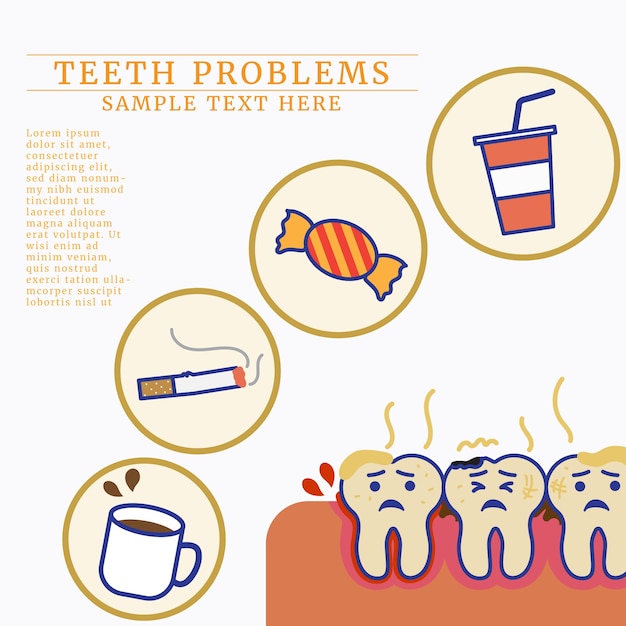 Signs of a condition are things someone else can see or know about you, like you have a rash or you’re coughing. Symptoms are things you feel yourself that others can’t see, like having a sore throat or feeling dizzy.
Signs of a condition are things someone else can see or know about you, like you have a rash or you’re coughing. Symptoms are things you feel yourself that others can’t see, like having a sore throat or feeling dizzy.
Signs and symptoms of dental problems include:
- Bad breath
- Loose teeth
- Mouth sores or lumps on the gums
- New spaces between your teeth
- Receding gums (when your gums pull away from your teeth so you can see roots of your teeth) or pus along your gumline (where your gums meet your teeth)
- Gums that are red, swollen, tender or shiny; gums that bleed easily
- Toothache or other pain
If you have pain or swelling, call your dentist right away. If you have an infection, you need quick treatment to help prevent problems for your baby.
How can you prevent dental problems during pregnancy?
Get regular dental checkups before and during pregnancy. At your checkups, tell your dentist:
- If you’re pregnant or planning to get pregnant
- About any medicine you take.
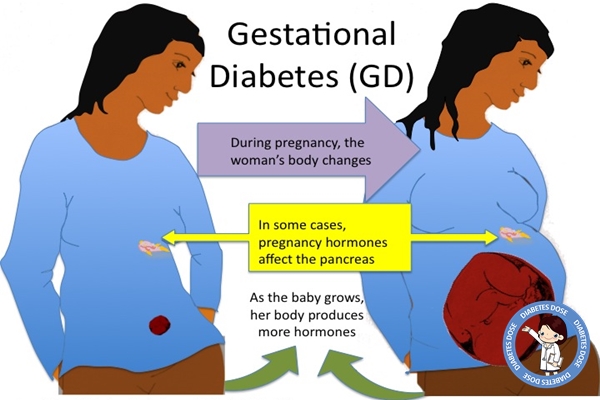 This includes prescription and over-the-counter medicines, supplements and herbal products. Prescription medicine is medicine that your health care provider says you can take to treat a health condition. You need a prescription (an order from your provider) to get the medicine. Over-the-counter (also called OTC) medicine is medicine, like pain relievers and cough syrup, you can buy without a prescription. A supplement is a product you take to make up for certain nutrients (like vitamin B or iron) that you don’t get enough of in the foods you eat. An herbal product, like a pill or tea, that’s made from herbs (plants used in cooking or medicine).
This includes prescription and over-the-counter medicines, supplements and herbal products. Prescription medicine is medicine that your health care provider says you can take to treat a health condition. You need a prescription (an order from your provider) to get the medicine. Over-the-counter (also called OTC) medicine is medicine, like pain relievers and cough syrup, you can buy without a prescription. A supplement is a product you take to make up for certain nutrients (like vitamin B or iron) that you don’t get enough of in the foods you eat. An herbal product, like a pill or tea, that’s made from herbs (plants used in cooking or medicine). - If your pregnancy is high-risk. High-risk means that you, your baby or both of you are at increased risk for problems during pregnancy. Your pregnancy may be high-risk if you have a chronic health condition, you have complications from a previous pregnancy or you have other conditions that can harm your health or the health of your baby.
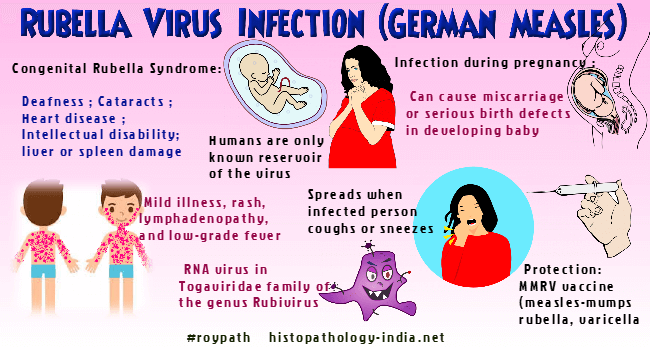
- If your prenatal care provider has talked to you about your oral health
Dental checkups before and during pregnancy are important so your dentist can find and treat dental problems early. And regular teeth cleanings help keep your teeth and gums healthy.
Are dental X-rays safe during pregnancy?
Yes. X-rays are part of regular dental care. Dental X-rays can show problems with your teeth, gums and the bones around your mouth. An X-ray is a medical test that uses radiation to make a picture on film. Radiation is a kind of energy that can be harmful to your health if you’re exposed to too much.
Dental X-rays are safe during pregnancy. They use very small amounts of radiation, and your dentist covers you with a special apron and collar to protect you and your baby. If your dentist wants to give you an X-ray, make sure she knows that you’re pregnant or trying to get pregnant.
How are dental problems treated during pregnancy?
If you have a dental problem that needs treatment, make sure your dentist knows that you’re pregnant. Depending on your condition, you may be able to wait for treatment after your baby’s birth. Treatments that are safe during pregnancy include:
Depending on your condition, you may be able to wait for treatment after your baby’s birth. Treatments that are safe during pregnancy include:
- Medicine, like pain relievers and antibiotics to treat infections. Your dentist can give you medicine that’s safe for you and your baby during pregnancy. If your dentist prescribes you medicine, tell you prenatal care provider. Don’t take any medicine without talking to your prenatal provider first.
- Local anesthesia. Anesthesia is medicine that lessens or prevents pain. Local anesthesia is used in a specific part of the body, like to numb your mouth for a dental filling or to have a tooth pulled. This medicine is safe to use during pregnancy.
You can have dental treatment any time during pregnancy. If it’s elective treatment (treatment that you don’t need immediately and isn’t necessary to protect your health or your baby’s health), try to schedule it in the second trimester.
What can you do to help prevent dental problems?
Here’s how you can help keep your teeth and gums healthy:
- Brush your teeth with fluoride toothpaste twice a day and floss once a day.
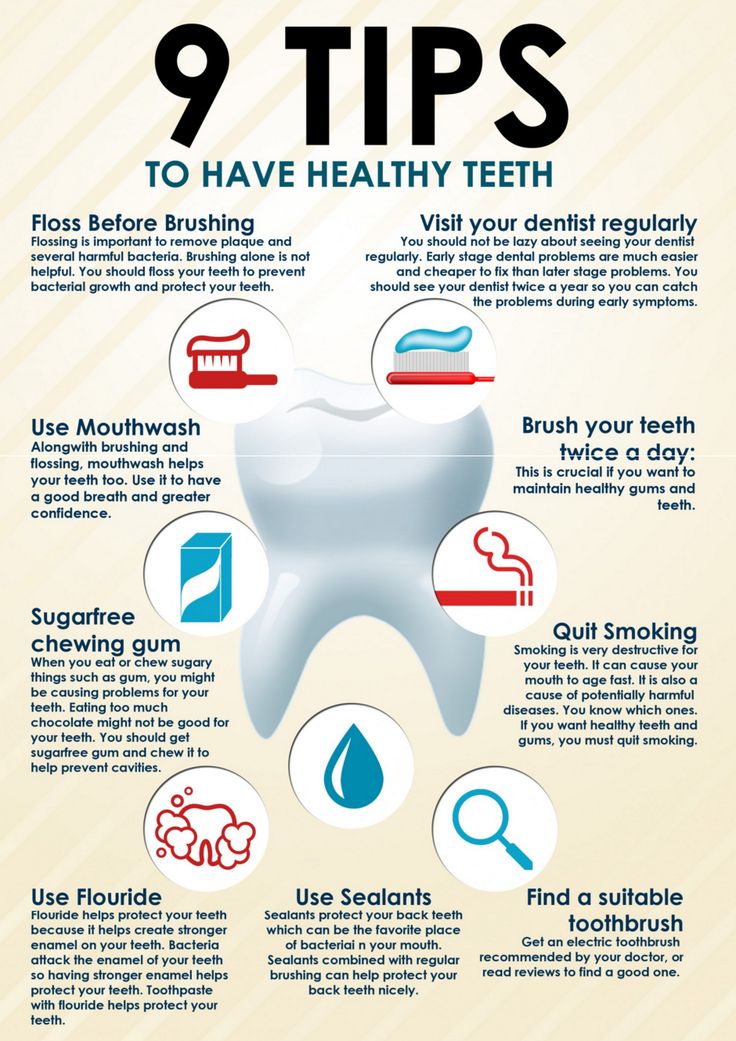 Use a toothbrush with soft bristles. Regular brushing and flossing can remove plaque and help keep your teeth and gums healthy.
Use a toothbrush with soft bristles. Regular brushing and flossing can remove plaque and help keep your teeth and gums healthy. - If you can’t brush your teeth because of vomiting, use antacids or rinse your mouth with a mixture of 1 teaspoon baking soda in 1 cup of water. Rinsing can help reduce the amount of acid in your mouth. Antacids are medicines that help neutralize stomach acid. You can buy them over the counter without a prescription from your provider. But don’t take any medicine—even OTC medicine—without talking to your provider first.
- Visit your dentist for a regular dental checkup every 6 months (twice a year), even during pregnancy. At your checkup, tell your dentist that you’re pregnant.
- Eat healthy foods and limit sweets. Healthy foods include fruits and vegetables, lean meat, whole-grain breads and pasta and low-fat dairy products. Limit sweets and sugary foods and drink water instead of sugary drinks.
 Eating healthy foods helps give you and your growing baby important nutrients. Your baby’s teeth start developing between 3 and 6 months of pregnancy. Nutrients like calcium, protein, phosphorus, and vitamins A, C and D, help your baby’s teeth grow healthy.
Eating healthy foods helps give you and your growing baby important nutrients. Your baby’s teeth start developing between 3 and 6 months of pregnancy. Nutrients like calcium, protein, phosphorus, and vitamins A, C and D, help your baby’s teeth grow healthy. - Don’t smoke.
See also: Common discomforts of pregnancy, Your checkup before pregnancy
Last reviewed June, 2019
Is there a threat to teeth during pregnancy, how to avoid consequences
Dentistry / Articles / Pregnancy - a threat to dental health?
Despite the fact that pregnancy is an excellent time when the expectant mother is waiting for a miracle, it is also a big burden on the body.
Changes in calcium metabolism inevitably occur during pregnancy. Mom's reserves go to the structure of the child's bone tissue. The deficiency of this microelement in the body of a pregnant woman is almost a common thing. And if a woman still suffers from toxicosis, then you can generally forget about the normal level of calcium: not only is it almost impossible to get it with food in this case, so often with toxicosis the one that was washed out of the body. In this case, the body of a pregnant woman begins to look for it in other places. And the teeth are the first to suffer. Indeed, after pregnancy, many women have serious problems with their teeth.
In this case, the body of a pregnant woman begins to look for it in other places. And the teeth are the first to suffer. Indeed, after pregnancy, many women have serious problems with their teeth.
Also during pregnancy, hormonal changes occur in the body, which impairs blood circulation and weakens the immune system. In the saliva of pregnant women, the concentration of calcium and phosphorus decreases, which makes tooth enamel more vulnerable and accessible to the development of caries. Increased appetite during pregnancy leads to increased consumption of carbohydrates, which are a favorable environment for the development of bacteria.
At the time of bearing a child, a woman's teeth are especially subject to various kinds of tests, but the condition of the teeth will largely be determined by the state in which they were before the conception of the baby. It should be noted that pregnancy is a catalyst for many negative processes occurring in the oral cavity. For example, if before pregnancy a woman had mild caries or periodontitis, or some other problems with her teeth, then with pregnancy these negative processes will become much more active.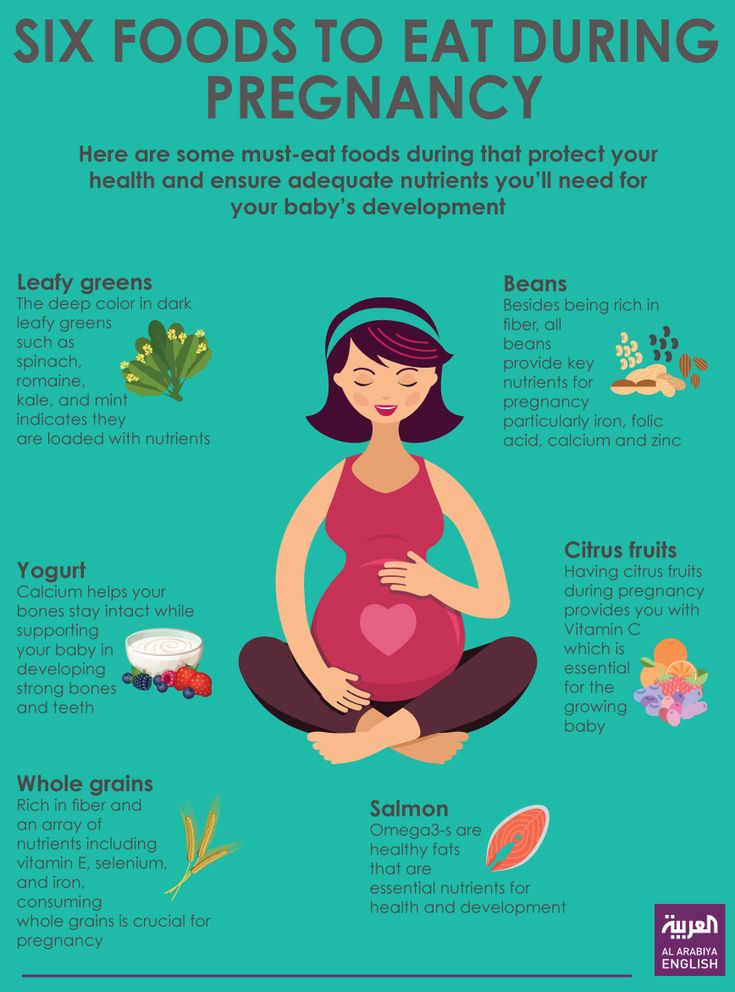
If a woman does not take good care of her teeth, for example, brushes them irregularly, this in itself leads to the occurrence of various diseases of the oral cavity, and with pregnancy, these negative processes begin to flow faster.
As conclusions, the following statements can be made:
- Before you conceive a baby, you need to take care of your dental health, since pregnancy is not an easy time for the whole body, and especially for areas rich in calcium.
- During pregnancy (and in general) it is necessary to constantly observe oral hygiene, it is recommended to professionally brush your teeth at least once every six months.
- During pregnancy, you should take vitamins and substances containing calcium, as well as properly adjust your diet.
- Dental treatment during pregnancy is recommended during the second trimester as this is the safest period for treatment. However, there may be problems with the teeth, the solution of which should be postponed until the end of the pregnancy.

Dentists strongly recommend that all dental problems be resolved before pregnancy.
If you follow the above conditions, then you can say with confidence that during pregnancy, the teeth will not disturb the woman in any way and will allow her to safely become a happy mother.
Yalaletdinova Elvina Askhatovna
Dentist-therapist, pediatric dentist
Teeth during pregnancy - problems, dental treatment in "City Dentistry"
Teeth lose mineral components during pregnancy, which subsequently leads to numerous problems. Most often, expectant mothers complain of increased tooth sensitivity, the appearance of many carious cavities, and bleeding gums. Untimely treatment threatens with the loss of a beautiful smile.
There is an opinion that everything is caused by a child who "takes" calcium from the teeth, which is contained in the enamel. In fact, this is a myth, since the calcium necessary for the development of a child comes from the gastrointestinal tract.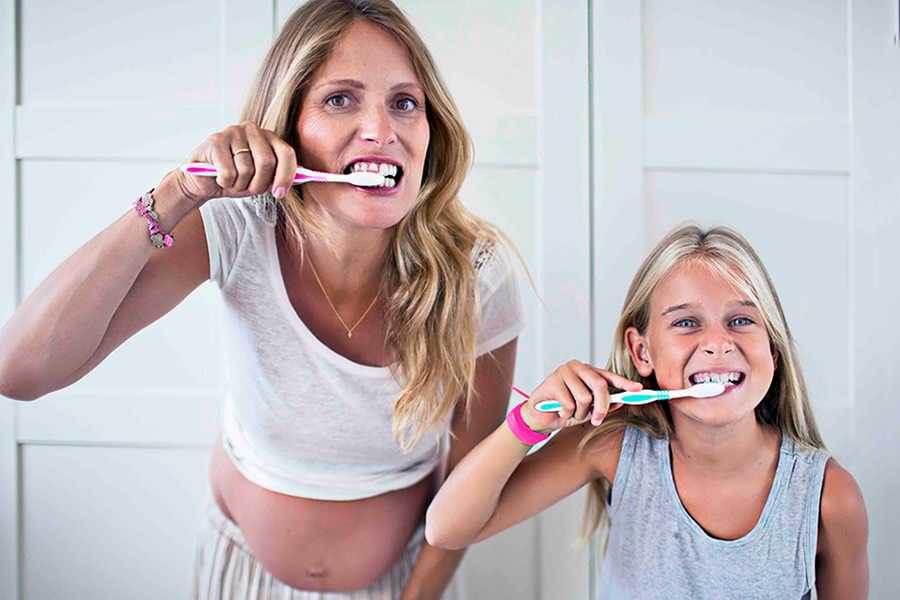 So what is the reason for the decline in dental and oral health?
So what is the reason for the decline in dental and oral health?
The first reason is the failure or often lack of adequate oral hygiene care. Due to the emergence of new concerns, women begin to devote less time to caring for their teeth. Frequent snacking during pregnancy is not accompanied by brushing your teeth, which leads to increased accumulation of bacterial plaque.
Toxicosis can also become a kind of "accelerator" of carious tooth decay. Teeth during pregnancy are destroyed by hydrochloric acid contained in vomit. To prevent such destruction, rinse your mouth with baking soda diluted in a glass of water, and brush with toothpaste not immediately, but after 30 minutes.
Changes in eating habits cause an imbalance in the acid-base balance in the mouth, the development of caries and tooth decay. If carbohydrate-rich foods begin to predominate in the diet during pregnancy, the risk of developing a carious process increases significantly. If professional oral hygiene is not carried out before pregnancy, even minor (superficial) carious lesions can develop into deep carious cavities in nine months.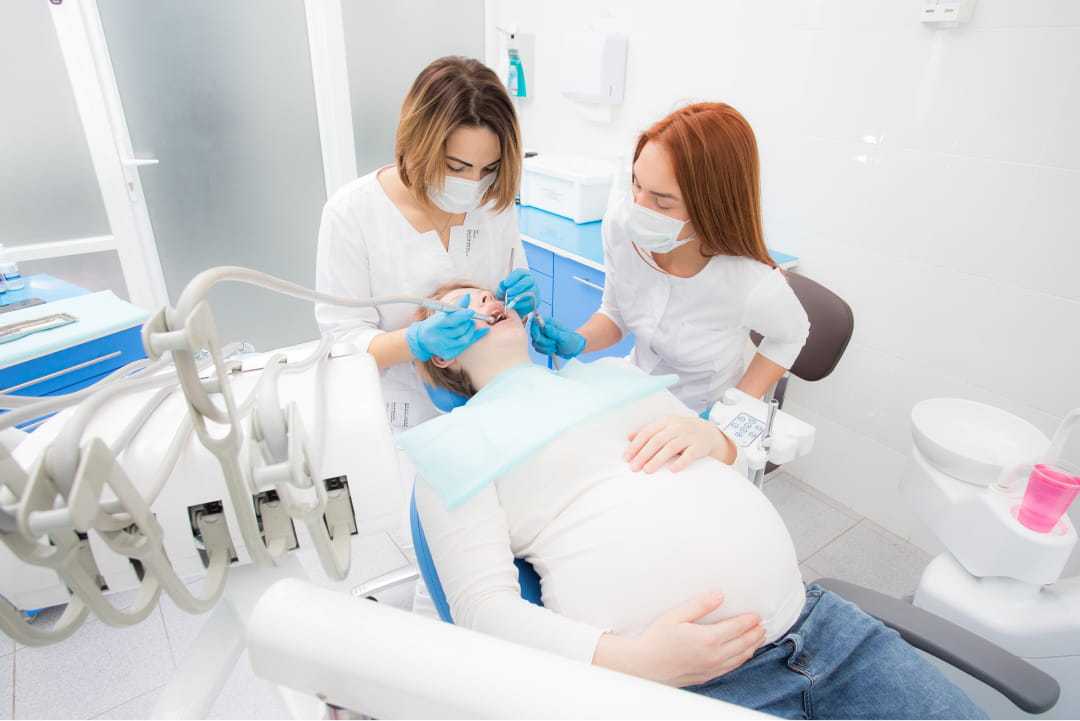
During pregnancy, there is a change in hormonal levels and a decrease in immunity. This greatly affects the formation of plaque. Its untimely elimination causes the risk of tartar formation and the development of gingivitis - an infectious lesion of the gums that occurs against the background of a decrease in immunity and is manifested by swelling, redness and bleeding of the gums.
During the period of gestation, the composition of saliva in women changes. Its protective properties may decrease, and the consistency may become more viscous. Therefore, oral hygiene should be enhanced by additional means: gels, rinses, dental floss.
A sharp deterioration in oral health should not be associated only with pregnancy. If you maintain adequate oral hygiene before pregnancy, regularly visit the dentist and timely conduct a professional oral hygiene procedure every six months, all of the above problems may not affect you.
Be sure to remember that bad teeth are a source of infection for the body.
